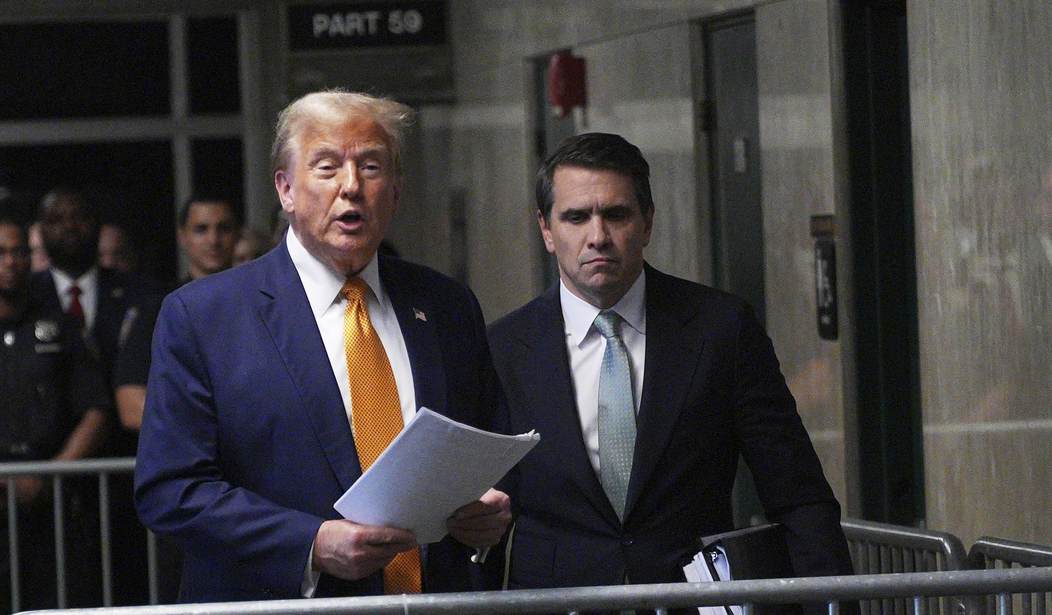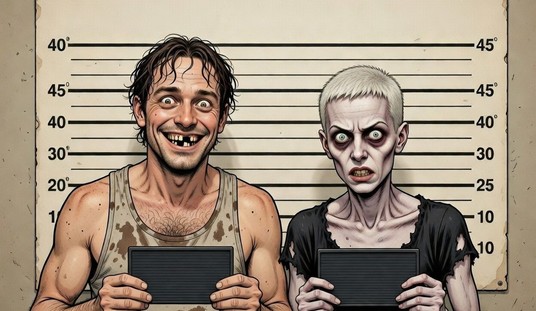It’s true that Trump has been charged with a non-crime and that Manhattan District Attorney Alvin Bragg’s case against Trump has been severely undermined by his own witnesses. In fact, several Democrat experts have said Trump could be acquitted because of how bad some of the prosecution’s witnesses have been for the case.
But between the partisan jury and Biden donor Judge Juan Merchan’s jury instructions, it seems likely that Trump will be found guilty.
So the question is: what happens if the jury returns a guilty verdict?
According to conservative radio host Mark Levin, in the event of a guilty verdict, Trump could seek a direct appeal to the Supreme Court.
Recommended: Umm... Did Joe Biden Just Commit Another Crime to Protect Hunter?
“I asked my friend of nearly 45-years [sic], Arthur Fergenson, who served as a law clerk to the late chief justice, Warren Burger, and one of the smartest lawyers I know, if he represented President Trump how he might seek a direct appeal to the Supreme Court if necessary,” Levin wrote in a post on X/Twitter.
Levin posted Fergenson’s reply.
The US Supreme Court can act by its statutory writs of certiorari to take a case from a lower appellate court, and the Court also has a host of other processes, often called common law writs. I became acquainted with these common law writs (actually authorized as a general matter by the Judiciary Act of 1789: law.justia.com/constitution/u… ), when IBM sought review of a discovery order by a vindictive federal judge when I was clerking for Chief Justice Warren Burger. A total of six petitions were filed; all were denied, and rarely are any common law writs ever issued by the Supreme Court, but there are, nonetheless, multiple ways to offer the Supreme Court an opportunity to forthwith review a conviction by a rogue court, as would be the case here.
Fergenson went on to explain what an appeal would be based on.
The principle ground I would rely upon is the denial of due process by not informing Donald Trump of the underlying federal crime he was alleged to have committed—the predicate crime that NY law requires to prove the NY crime. That is a kangaroo court: to try someone for a crime that they are not informed of is as serious a breach of due process rights as we can possibly imagine. See, e.g., the Stalin show trials—Darkness at Noon. The timing of the trial and the blatant denial of fundamental rights can only be explained by an effort to interfere with the fair conduct of a presidential election, thereby, in effect, denying the American people the right to a Republican Government.
Fergenson concluded by pointing out that while the Supreme Court previously indicated that Bush v. Gore can’t be used as a precedent, “it can and should be relied upon as the Supreme Court acting to preserve American democracy from an imminent threat.”
And Alvin Bragg’s case certainly meets those standards.
“Consistent with that is the refusal of the Supreme Court to grant expedited review to the immunity controversy at the request of federal prosecutor Jack Smith,” he explained. “The NY trial court represents an imminent danger to the fair and untrammeled conduct of a federal election for the most powerful position in America and the world. The Supreme Court has the power to act to protect our democracy. And it should. If a guilty verdict is returned, it should act right away.”










Join the conversation as a VIP Member